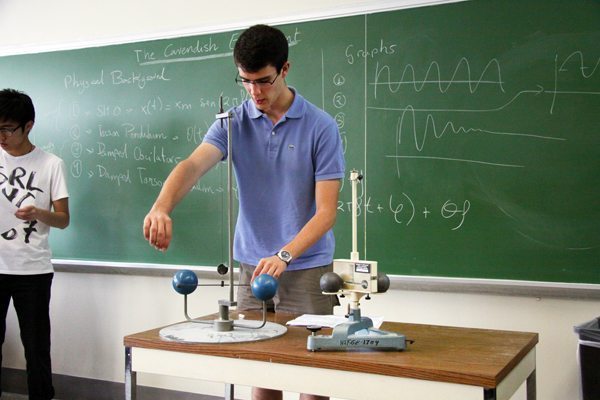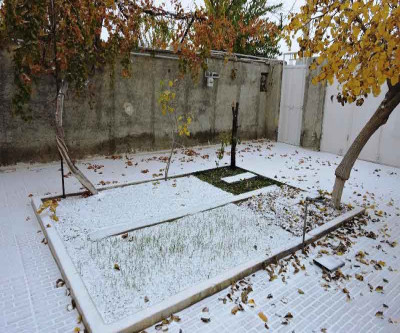
Table of Contents
Studying physics in Canada + Employment
Studying physics in Canada encompasses various levels of education, from bachelor's to doctoral degrees, at different universities. During the bachelor's program, students in Canada can study various fields of physics such as nuclear physics, quantum physics, particle physics, condensed matter physics, etc. In the master's and doctoral programs, students can specialize in areas such as computational physics, medical physics, applied physics, etc. Studying physics in Canada provides an excellent opportunity for students who want to pursue specialization in this field. With reputable universities and advanced research centers, students can gain valuable experiences for their professional advancement.
If you graduate from a Canadian university with a degree in physics, there are numerous job opportunities available to you. Physics graduates in Canada can work in advanced technology and computer chip design, aerospace industries, health-related professions, or as active astronomers in the Canadian Space Agency. Physics is included in Canada's National Occupation List, and individuals studying in this field in Canada can apply for permanent residency after completing their studies.

Best universities for studying physics in Canada
University of Toronto: The physics department at the University of Toronto is recognized as one of the top universities in Canada for physics.
University of British Columbia: The University of British Columbia is also reputable for physics education and has prominent professors in this field.
University of Waterloo: The University of Waterloo is well-known for its physics programs and is among the top universities in Canada in this field.
Requirements for studying physics in Canada
To be admitted to a Canadian university in the field of physics, your academic background and resume will be evaluated. You should have achieved good grades in physics-related courses. Additionally, include teaching experience, work with professors, research and publications, conferences, and internships in your resume. You will also need to pay tuition fees to study in this field. However, Canadian universities offer scholarships, grants, fellowships, and other financial assistance that you can avail.
Documents required for admission
First, you need to submit documents that demonstrate your eligibility for studying in this field to your desired university in Canada. Start by providing a translated transcript of your previous educational level, then submit your academic resume. Next, include a statement of purpose that explains your interest in studying physics and, if possible, obtain recommendation letters from your professors. Additionally, you must have English and French language proficiency and provide the corresponding language certificates to the university.
Length of study and tuition fees for studying Physics in Canada
Studying Physics at the undergraduate level in Canada costs $36,000 per year for undergraduate students and $17,000 per year for master's students. The tuition fee for a doctoral program is $15,000. The duration of the undergraduate program is 4 years, master's program is 2 years, and the doctoral program takes 3 to 4 years.
Scholarships in this field
Universities in Canada offer scholarships, grants, fellowships, and other financial aids for international students to pursue their studies in Physics without worrying about tuition fees and sometimes even living expenses. To receive scholarships, you should have good grades and an acceptable resume in your previous academic level. Additionally, your professors should provide recommendation letters for you. In your statement of purpose, you should explain the reasons why you deserve financial assistance. Sometimes, financial aids are offered based on factors such as the region of residence, gender, artistic or athletic achievements.
Employment prospects in this field in Canada
Many Canadian physicists after graduating in this field become engaged in teaching and research at universities. Others work in research institutions, observatories, or laboratories. Physicists with strong mathematical skills can work in the medical industry, communication sciences, or as financial analysts. Additionally, a considerable number of physicists work in industries related to computer equipment or aerospace. Government agencies such as the Canadian Space Agency and the Ministry of National Defense also hire physicists every year.
This article continues.
Suggested Content
Latest Blog
Login first to rate.
Express your opinion
Login first to submit a comment.
No comments yet.
























